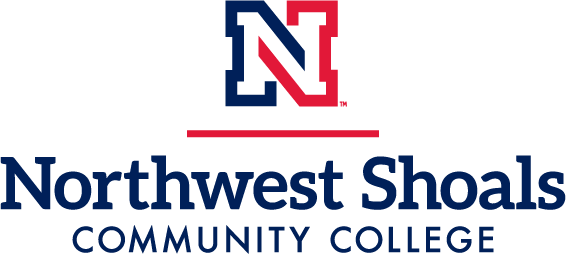BIO 101 : Introduction to Biology I
This is an introductory course designed for non-science majors. It includes physical, chemical, and biological principles common to all organisms. These principles are explained through a study of the scientific method, biological organization, cellular structure, bioenergetics of a cell, cell reproduction, gene theory, inheritance, and evolution. A 120-minute laboratory per week is required.
